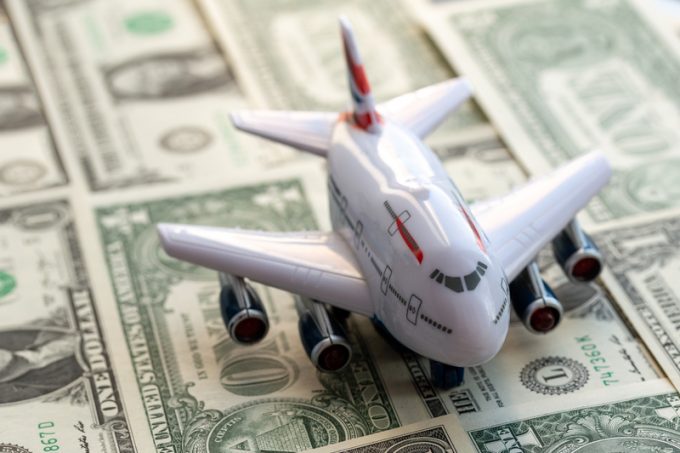'Chaos after chaos' coming from de minimis changes and more tariffs
Logistics firms that focus on ecommerce are bracing themselves for a rocky May, when the ...

Flows of PPE out of China are expected to see further delays as the country goes on holiday until Tuesday, while rates continue to soar, triggering criticism of airlines.
It is expected that China’s risk control office, which oversees and checks PPE exports, will close and there could be reduced hours at Customs.
Shippers are already experiencing delays out of China, which are expected, at least temporarily, to worsen.
Meanwhile, the shift reported last week towards using Hong Kong has continued.
“The shift in ...
'Disastrous' DSV-Schenker merger would 'disrupt European haulage market'
'Chaos after chaos' coming from de minimis changes and more tariffs
List of blanked transpac sailings grows as trade war heats up and demand cools
Shippers in Asia restart ocean shipment bookings – but not from China
India withdraws access for Bangladesh transhipments, in 'very harmful' decision
'Tariff hell' leaves industries in limbo – 'not a great environment to plan'
Asian exporters scramble for ships and boxes to beat 90-day tariff pause
Temporary tariff relief brings on early transpacific peak season
Pre-tariff rush of goods from US to China sees air rates soar, but not for long
De minimis-induced ecommerce demand slump could cripple freighter operators
Forwarders 'allowing the fox into the chicken run' by supporting 'hungry' carriers
Volumes set to 'fall off a cliff' as US firms hit the brakes on sourcing and bookings
Hapag 'took the bigger risk' when it signed up to Gemini, says Maersk
'Restoring America's maritime dominance' – stop laughing at the back of the class
Navigating tariffs: 'like trying to solve a Rubik's cube while colour-blind'

Comment on this article